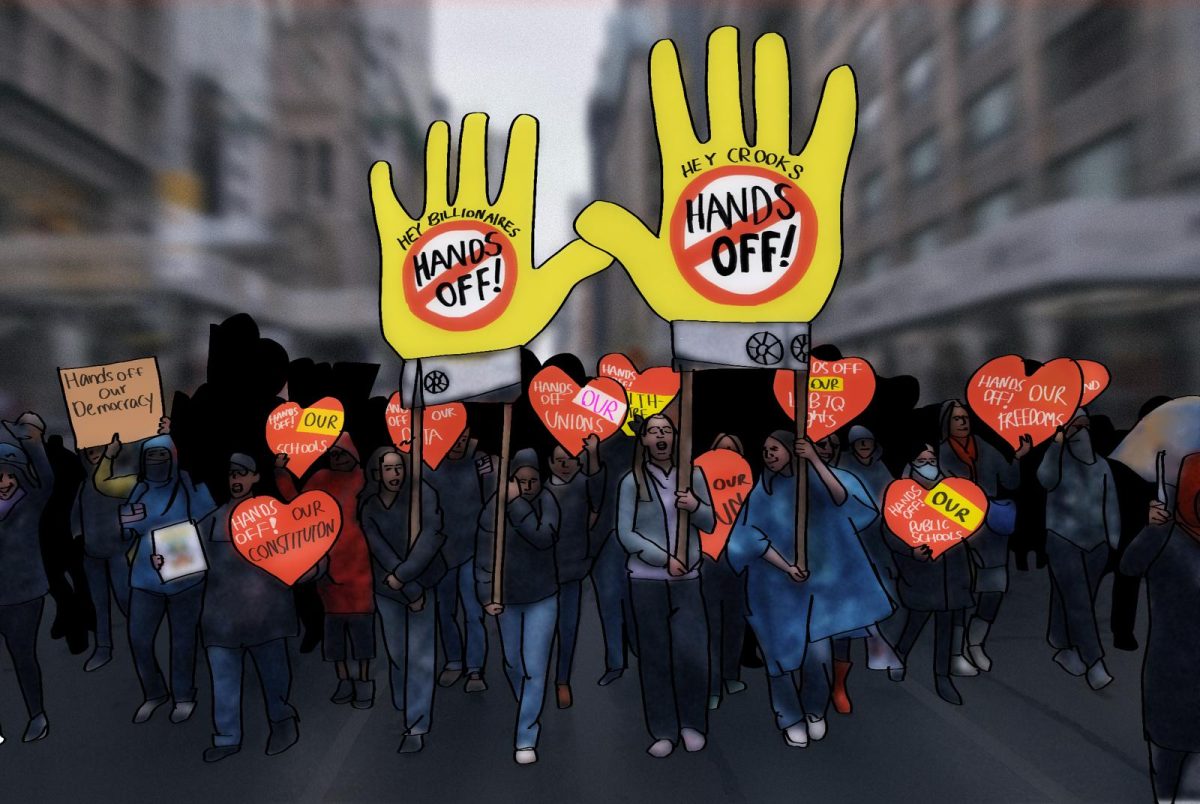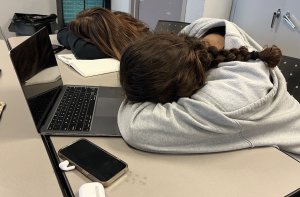The Last Straw
These are some eco-friendly products that students can use on a daily basis.
Aug 15, 2018
In the past couple months, the municipal governments of America turned their eyes away from all minor distractions, like crime, maintenance and public safety, to address the one true evil of the modern world: plastic straws. Cities such as Seattle and Santa Barbara have gone as far as to outright ban plastic straws with fines as hefty as 1,000 dollars for people caught using these vile devices. This, of course, is ridiculous. The reasoning behind this is the prevalence of straws in lists detailing the top items polluting the world’s oceans despite straws not being in the top five pollutants.
“The reasoning behind the ban makes sense, but a thousand dollar fine for using a straw is just too much,” junior Makayla Bell said.
The top five polluters are cigarettes, food wrappers, plastic bottles, plastic bags and plastic lids. Keeping in mind that straws, often plastic ones, are the only thing allowing people who are unable to eat solid food or lift a cup to eat and drink. Banning them outright would drastically decrease the quality of life for people with such an issue. Such people might need to carry around their own personal straws, of which the added clutter could be difficult to manage as a person with a disability, and could possibly lead to more people using feeding tubes, which are invasive, causing great discomfort and robbing users of the experience of tasting food. Given that the downside of banning plastic straws is worse for disabled people than banning, for instance, non-biodegradable food wrappers is for anyone else, it makes no sense to ban the straws.
“It’s easy to see where they [Santa Barbara] is coming from, but it would probably be more effective to replace plastic straws with paper straws instead of just banning the plastic ones altogether,” junior Christopher Brazda said.
Santa Barbara has expressed a “trifecta of responsibility” for their being on the ocean, having wealthy inhabitants, and having a reputation as a tourist destination. The reasoning behind this is so that straws do not end up in the ocean, which would harm the city’s reputation as a pristine tourist destination, and can be helped through the higher average income per capita citizens being able to pay a little more for workarounds to this, like getting reusable straws. As a result of this, something like this could not happen in lower-income areas, as some people simply can not afford to pay for reusable straws out of their own pocket. Instead of this outrageous ban on plastic straws, a better idea might be to ban things that are more harmful, like cigarettes, or littered more often, like plastic bags. In fact, a local Publix has completely switched over to paper bags with practically no downside to their use- something which might have been noticed by students of the local high school, or even the government had they not had their heads stuck up their straws.
Instead of something like this, local governments around the country are ganging up on the pollutive community’s “straw man” to act as if they are helping while putting in the least amount of effort to do so. In the end, the total amount of plastic going into the oceans will not be decreased by much, but disabled people and leisure drinkers everywhere have to suffer for the appearance of cities trying to make headlines.











